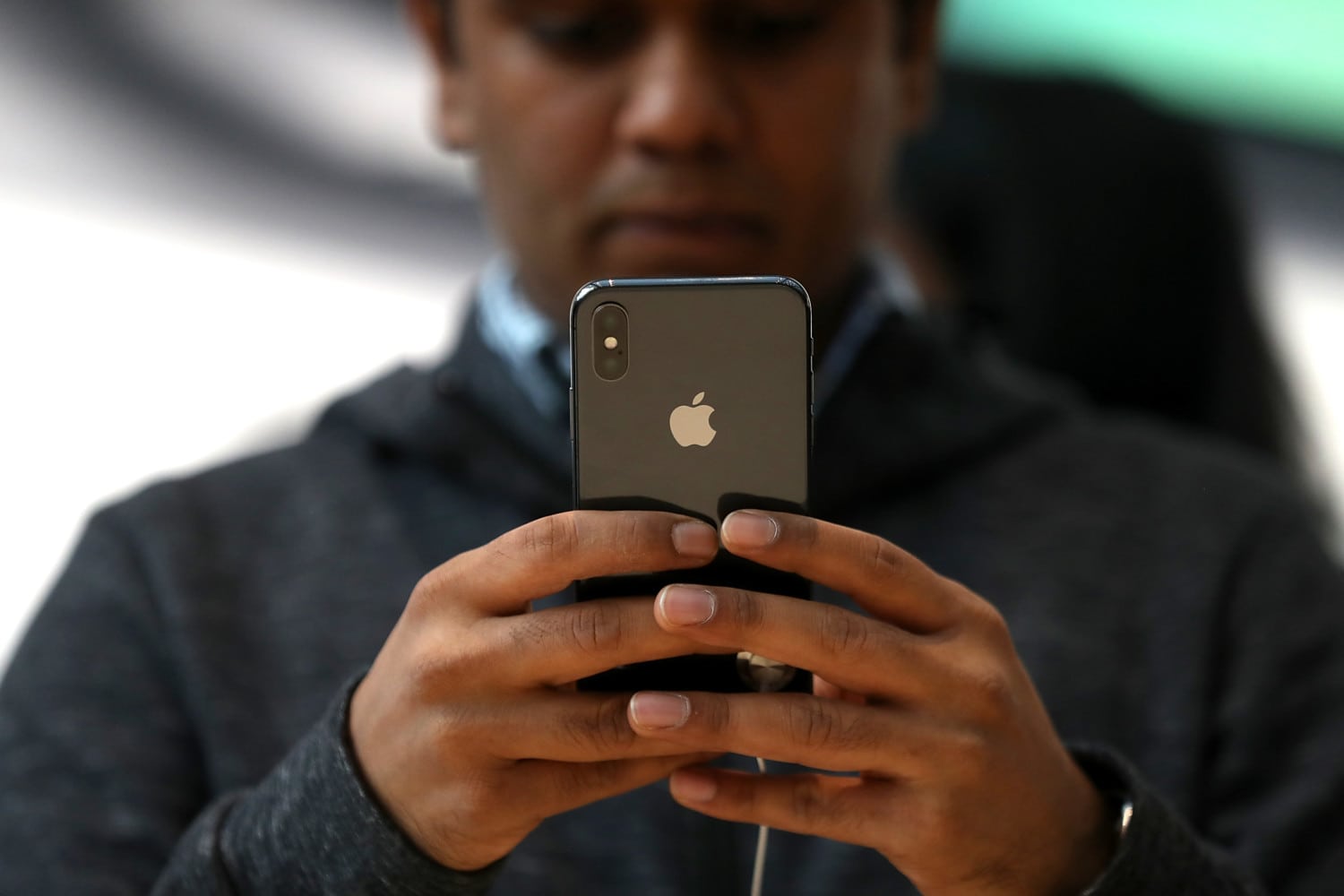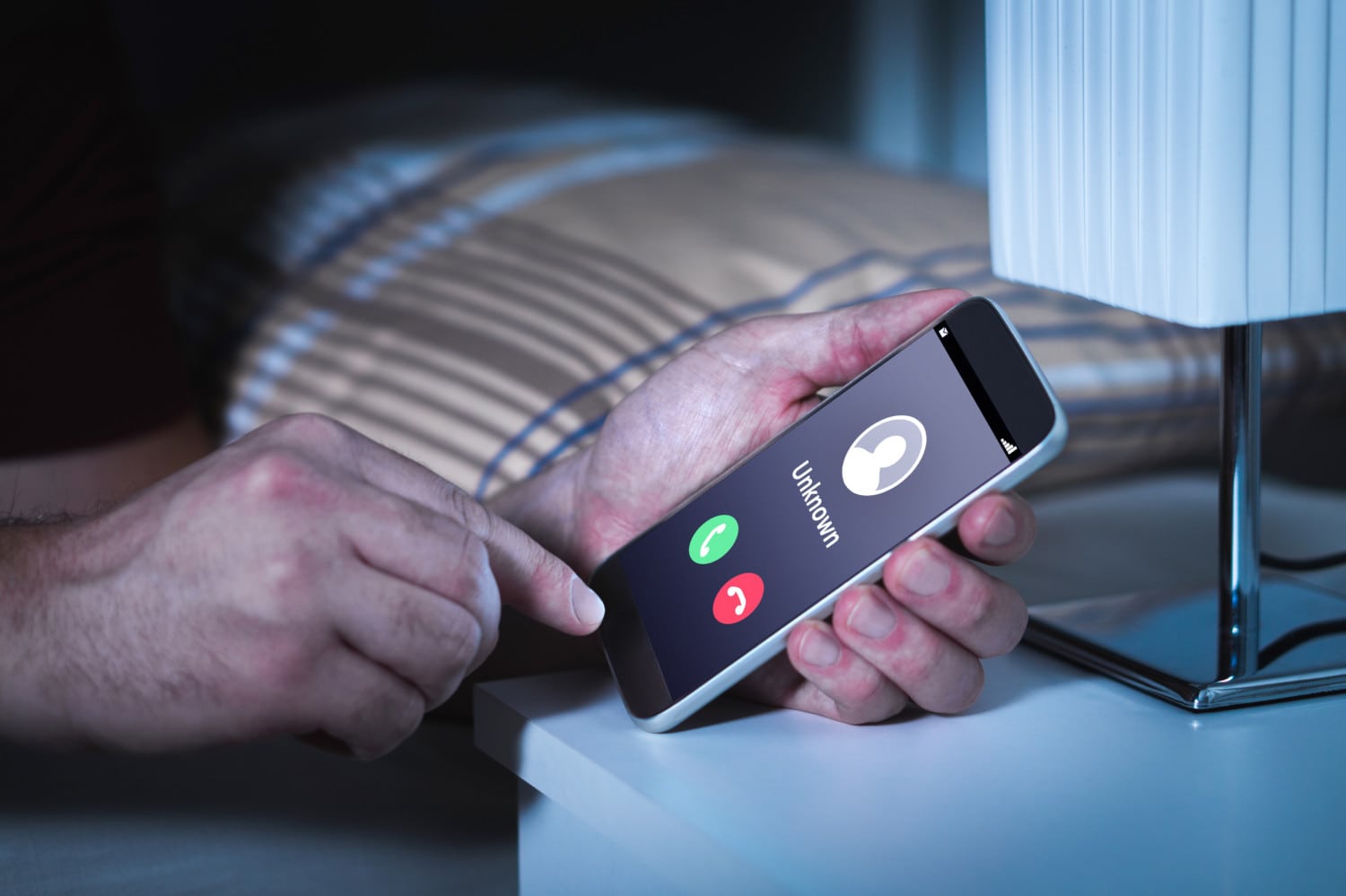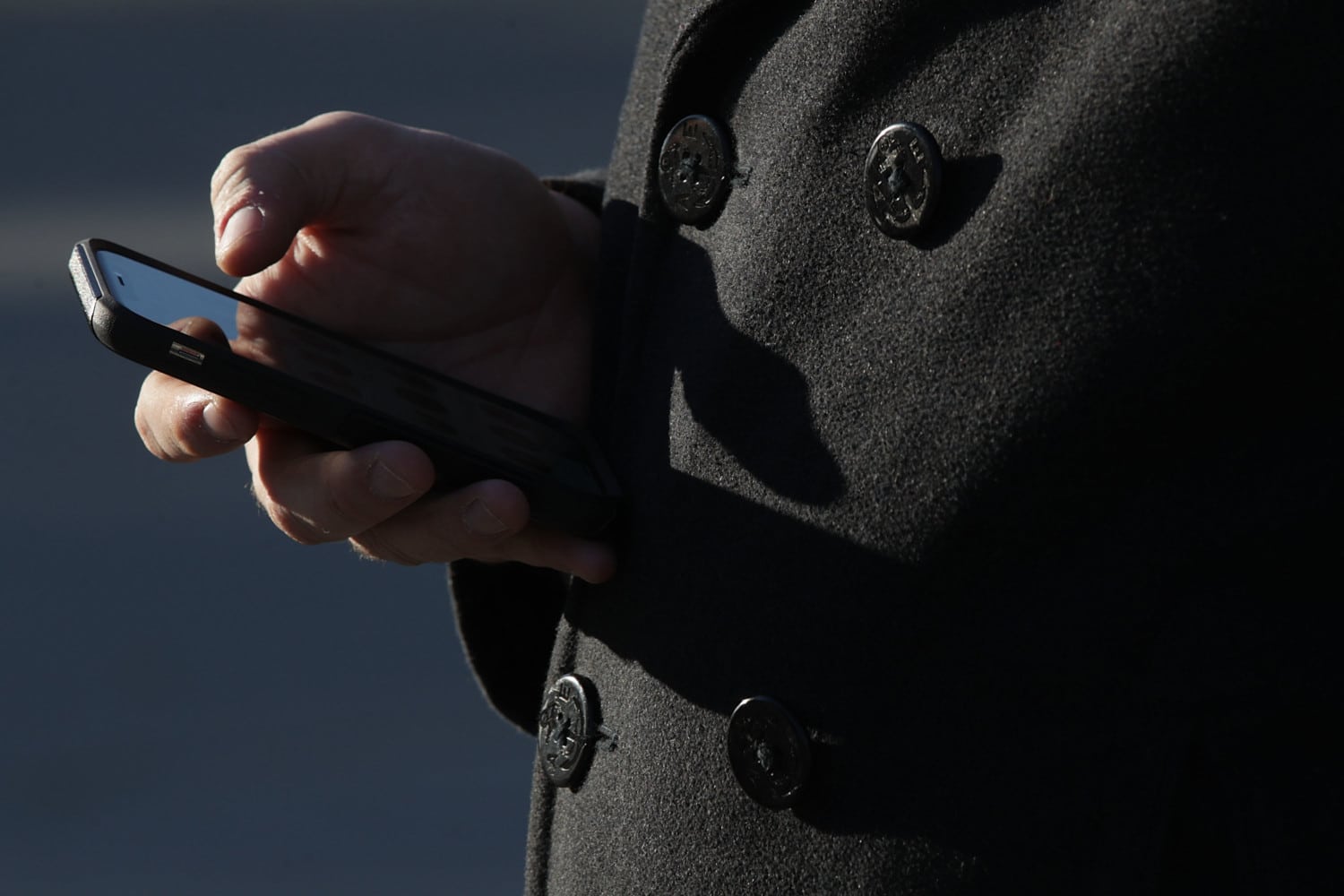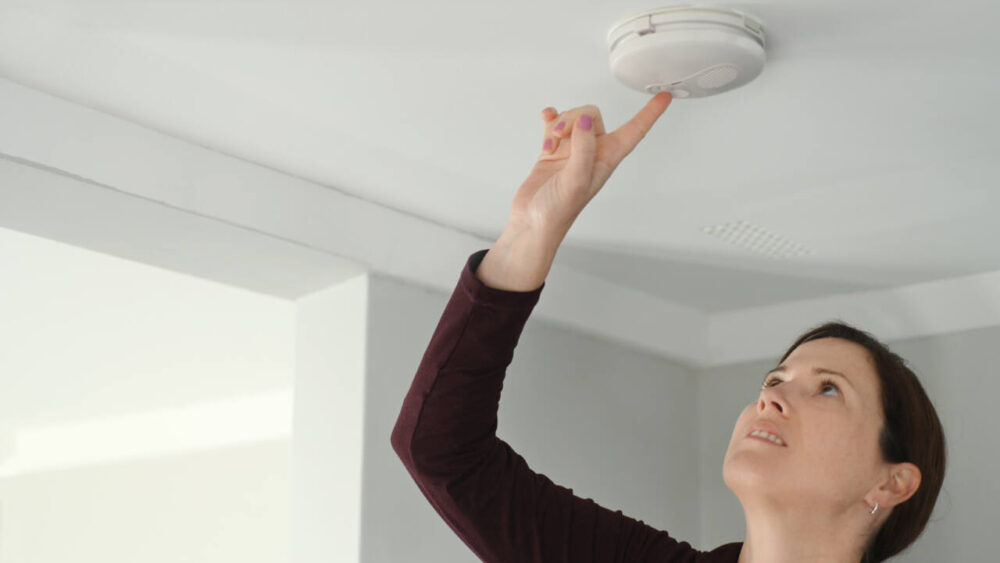It’s not just your imagination: Nearly half of cell phone calls will be scams by 2019, according to a new report
If you feel like you’ve received a higher number of scam calls in the last year, don’t worry — it’s not in your head, and it’s certainly not only happening to you.
According to First Orion, an American company that creates call blocking and caller ID technology, the number of scam calls taking place this year increased from 3.7 percent of all calls in 2017 to a staggering 29.2 percent.
How Bad Will It Get?
This increase comes after 2017 was already labeled one of the worst years for scam calls — and that number isn’t expected to slow down or level out, either.
According to Charles D. Morgan, CEO of First Orion, the world can expect to see even more “rampant increases” in the number of scam calls taking place as we close out 2018 and head into 2019.
“Year after year, the scam call epidemic bombards consumers at record-breaking levels, surpassing the previous year and scammers increasingly invade our privacy at new extremes,” Morgan said in a First Orion blog post.
How bad is it expected to get? If First Orion’s projections are right, scam calls could make up a full 44.6 percent of all calls by early 2019, making nearly 1 in every 2 calls spam.
How To Protect Yourself
So, what can individuals do to protect themselves, other than throw out their phones?
You can start by adding your phone number to the Do Not Call Registry, which will help limit (legal) telemarketing but will generally not stop robocallers or scam calls.
After that, you can use apps from companies like Nomorobo, First Orion, Hiya or Robokiller to filter your calls and only let legitimate calls come through to you. Blocking individual numbers as they come through is another option, as well.
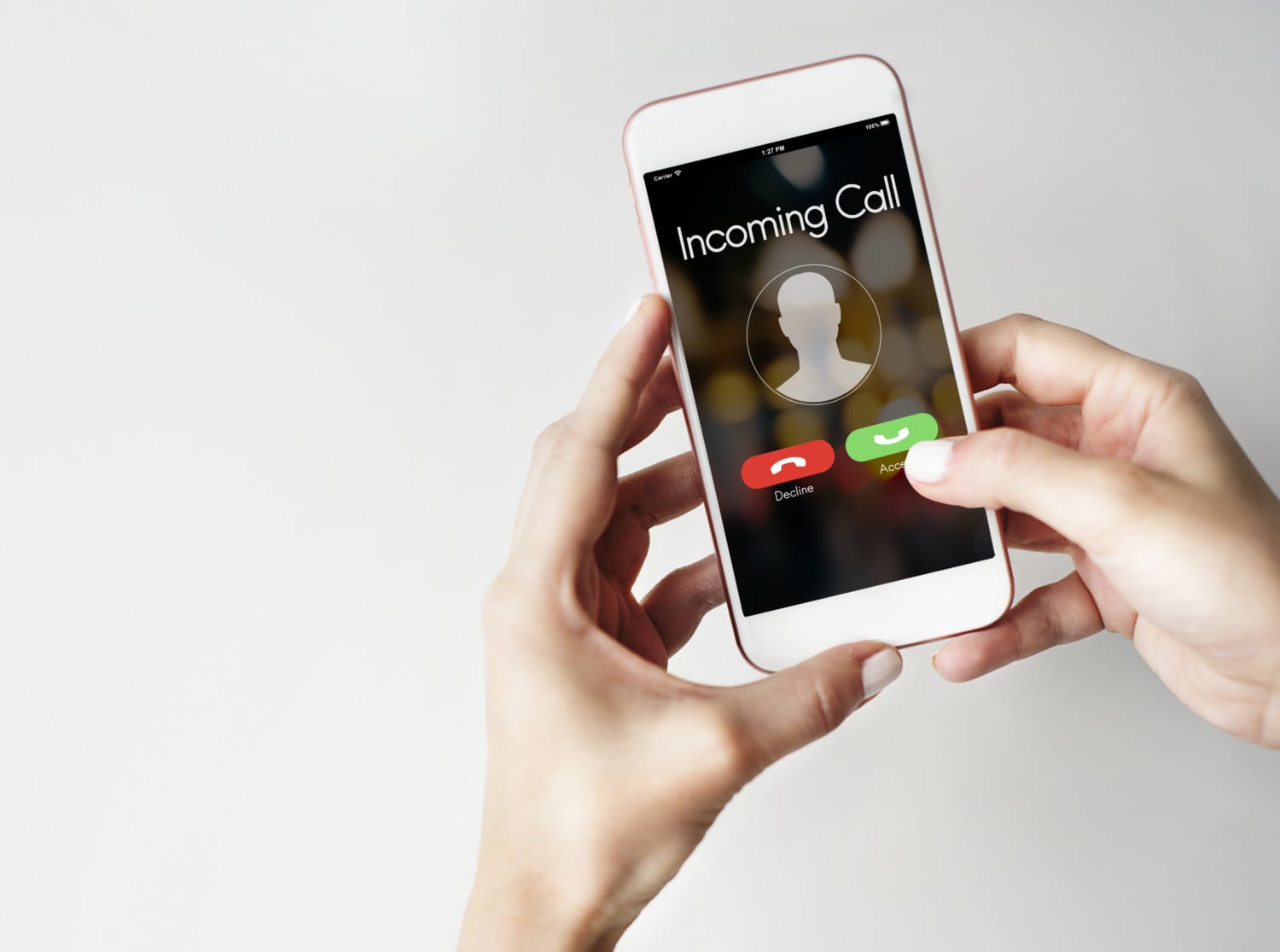
Regardless of which approach you take, however, you should still never answer calls from phone numbers you don’t recognize or engage in any conversation with callers you don’t know. That way, even if scam calls continue to come in, you’ll be protected from any damage they could cause.
Stay Off The ‘Suckers List’
Con artists can be quite resourceful in their pursuit of people to defraud. In fact, the names, addresses and other personal information of potential victims are frequently bought and sold among scammers looking for new targets.

So, how do you make sure your name doesn’t end up on a so-called “suckers list“?
Well, falling for a scam is one surefire way to end up on a “suckers list.” Sadly, fraudsters also tend to target certain kinds of victims, such as elderly consumers or people who have dementia.
If you have been victimized in the past, you might want to take advantage of a service offered by the Data & Marketing Association (DMA). Known as the DMAchoice, the service allows users to remove their names from mailing lists that are maintained by member organizations and file ethics complaints about deceptive or misleading mail.
Here are even more ways you can protect yourself from “suckers lists.”



